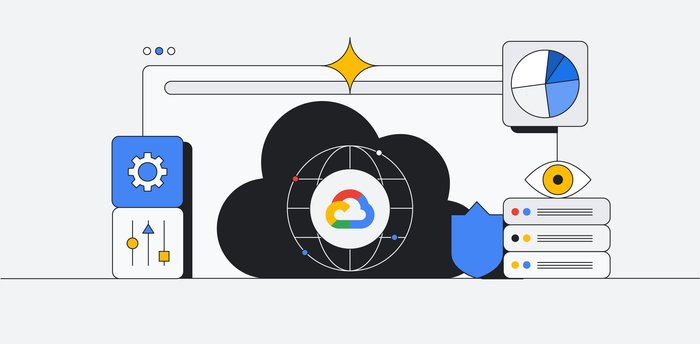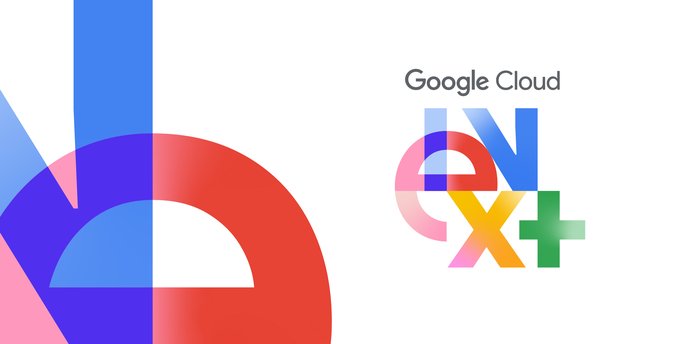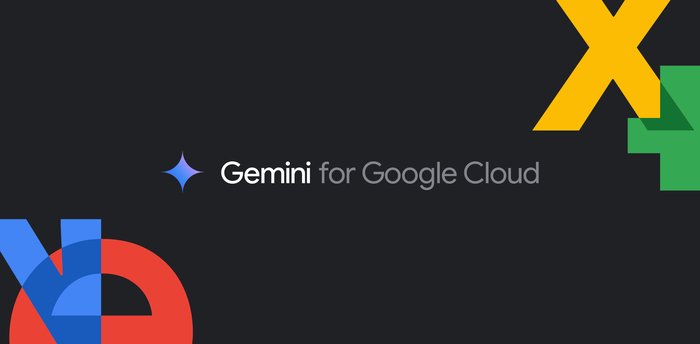Cloud Workstations is now GA, with new capabilities and integrations

Marcos Grappeggia
Senior Product Manager, Google Cloud
The trend of remote work over the last few years motivated the developer community to explore new ways to collaborate, and search for new tools to address the productivity challenges that arise from this lasting change. We’ve heard from our customers that the shift to remote collaboration tools, while necessary, is both technically and culturally challenging, and this distributed way of work also brings new security risks such as data exfiltration. Development teams are asking for tools that are user-friendly while enforcing high security standards.
Last year at Google Cloud Next, we introduced Cloud Workstations in Public Preview, a key part of the Software Delivery Shield offering, to help address this challenge. Today, we are thrilled to announce the general availability of Cloud Workstations with a list of new enhanced features, providing fully managed integrated development environments (IDEs) on Google Cloud. Cloud Workstations enables faster developer onboarding and increased developer productivity while helping support your compliance requirements with an enhanced security posture. You can start using it today by visiting the Google Cloud console.


Cloud Workstations addresses the varied needs of enterprise technology teams. Developers can access powerful, secure and customizable development environments from anywhere, using a browser, local IDE, or terminal, with support for many popular tools and libraries. Administrators and platform teams can easily provision, scale, manage and secure development environments for their development teams, helping automate everyday tasks and enabling greater efficiency and security.
Cloud Workstations enables you to achieve:
Faster developer onboarding, increased productivity and collaboration with pre configured environments
Consistent development environments customized to your teams’ needs
A level of confidence that teams are using security-hardened systems following organizational policies
Faster developer onboarding and increased productivity
Getting developers started on a new project can take days or weeks, with much of that time spent setting up the development environment. The traditional model of local set-up may also lead to configuration drift, resulting in “works on my machine” issues that erode developer productivity.
To address this, Cloud Workstations provides a managed solution for creating and managing development environments, where administrators can set up one or more workstation configurations, defining a template for their team’s environments. Updating or patching hundreds of thousands of development environments is as simple as updating their workstation configuration and letting Cloud Workstations handle the updates.
Developers can then create workstations on-demand by simply selecting among the configurations to which they were granted access. This makes it easy to ensure consistency among environments, giving developers the confidence they’re using the right version of tools and libraries.
Consistent development environments optimized to your team's needs
Developers use a variety of tools and processes optimized to their needs. We designed Cloud Workstations to be flexible when it comes to tool choice, enabling developers to use the tools they’re the most productive with, while enjoying the benefits of remote development. Here are some of the new capabilities introduced to enable this flexibility:
- Posit Workbench with RStudio Pro support (Preview): Many professional R users and data science teams using R and Python prefer Posit Workbench as their data analysis and integrated development experience. To better serve this community, we partnered with Posit to support Posit Workbench (with RStudio Pro) in Cloud Workstations, with support for users to bring their own existing licenses.


This continues the expansion of the Cloud Workstations catalog of 10+ supported IDEs.


Hardware acceleration with GPU support (Preview): To allow developers to accelerate machine learning and data processing tasks, Cloud Workstations now supports GPU platforms, including NVIDIA A100, T4, V100, P100 and P4.
Extended regional support: For improved support of developers across the globe, we’ve added Cloud Workstations support for the following regions: asia-south1 (India), asia-northeast1 (Japan), europe-west6 (Switzerland), europe-west9 (France) and us-east4 (North Virginia, North America).
Confidence that teams are using security-hardened systems following organizational policies
With Cloud Workstations, you can extend similar security policies and mechanisms you use for your cloud-based production services to your developer workstations. Here are the additional capabilities introduced that make it easier to enhance the security of your development environments:


BeyondCorp Enterprise integration (Preview) enabling context-based access policies with Context Aware Access, to help prevent the leaking of code or other intellectual property on download, copy, paste, print and more, with Threat and Data protection capabilities
Improved workstation management experience: Platform teams can now also use the Google Cloud CLI and Terraform to enforce organizational policies and manage Workstations resources, in addition to the existing Google Cloud console and Cloud Workstations APIs
Customer-managed encryption keys (CMEK) support, giving administrators control over the keys used to protect the persistent disks used by their developers’ Workstations
Persistent disk retention policy, preserving the persistent disks associated with a workstation even after it is deleted, to support data governance, including backup and audit trail policies
Improved Shared VPC support, supporting granular IAM permissions following the principle of least-privilege
You can learn more about setting up Cloud Workstations from this list of recommended security best practices.
What customers and partners are saying


"We have hundreds of developers all around the world that need to be able to be connected anytime, from any device. Cloud Workstations enabled us to replace our custom solution with a more secure, controlled and globally managed solution." — Sebastien Morand, Head of Data Engineering, L'Oréal


"We are excited to partner with Google Cloud in providing our professional tools to our joint customers. Posit has a long-term commitment to code-first data science both at the individual and the enterprise level. Cloud Workstations will be a powerful addition to the platforms that enterprise customers leverage to solve some of their most complex and innovative initiatives." — Tareef Kawaf, President, Posit Software, PBC


"Cloud Workstations is the most impressive cloud-hosted, enterprise-class development environment I have used. The fact that I can launch them using containers customized for my particular requirements based on Google's base IDE-enabled containers is incredibly powerful. I have the power to deploy development workstations at scale with all the security I have come to expect with Google Cloud." — Mark D. Richter, Cloud Specialist - Google Cloud Practice, ThoughtWorks
Get started today
Visit Google Cloud console to try Cloud Workstations Today!
Check the webpage and documentation to learn more.
Watch this Google I/O session on Cloud Workstations
Register for this webinar on May 25th where an expert will talk in detail about Cloud Workstations and show you a live demo.



